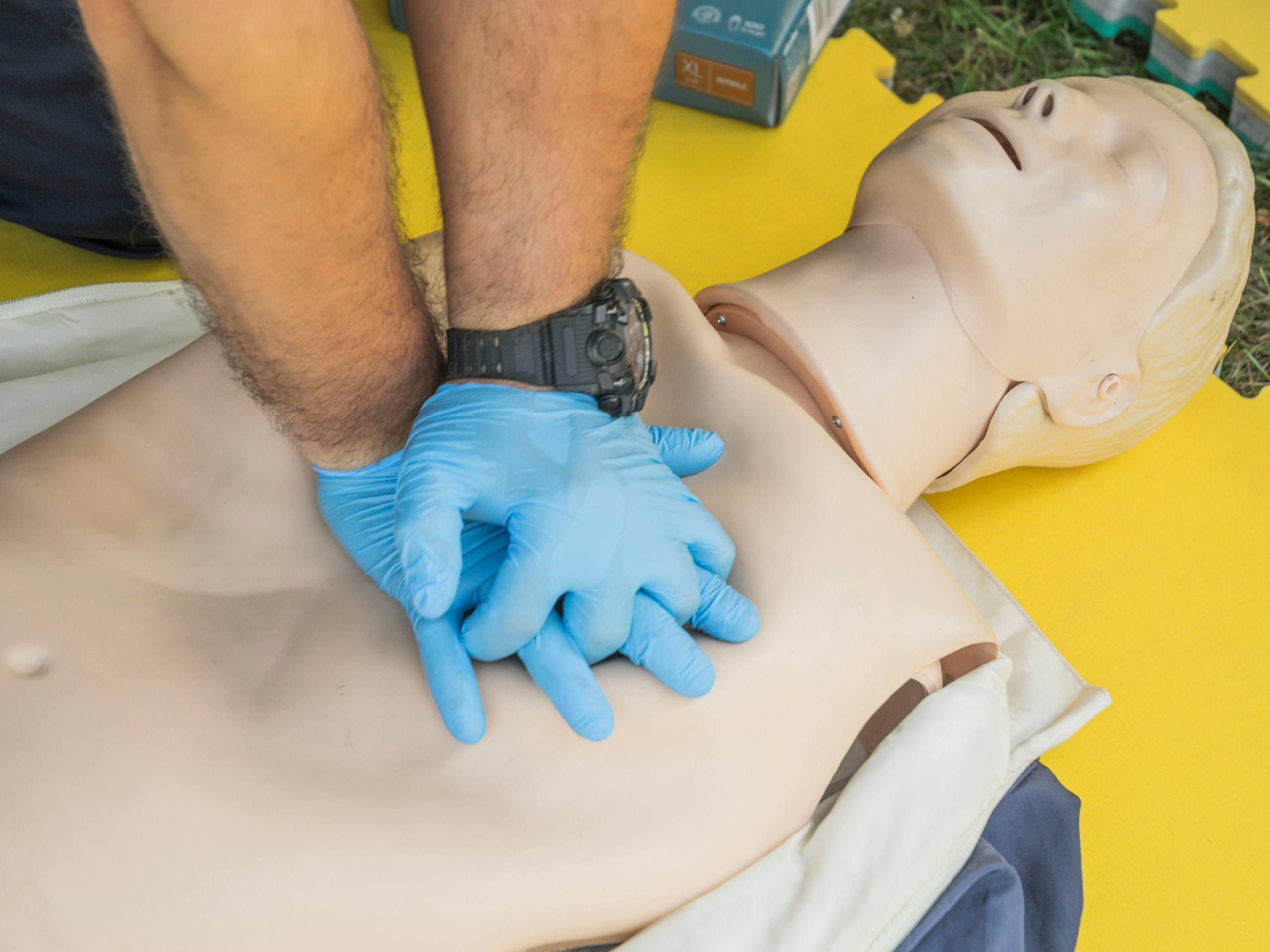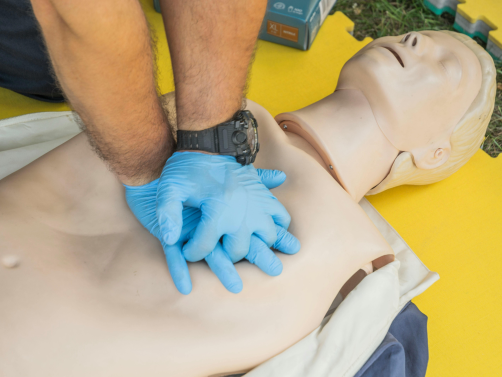When it comes to CPR (Cardiopulmonary Resuscitation), misinformation is everywhere. These myths can prevent people from stepping in to help when every second counts. At Survival CPR, we believe knowledge is power—and in this case, it could be life-saving.
Separate fact from fiction and empower yourself to act confidently in an emergency.
Busted with the Facts That Matter
Myth #1: “CPR is only for medical professionals.”
- Fact: Anyone can learn and perform CPR — and everyone should! You don’t need to be a doctor or nurse to make a difference. In fact, bystanders who take action before paramedics arrive can double or even triple a person’s chance of survival.
Myth #2: “You might hurt the person if you do CPR incorrectly.”
- Fact: Doing something is always better than doing nothing. While it’s true that CPR can sometimes result in cracked ribs, that’s a small price to pay for saving a life. When someone’s heart has stopped, they’re already in a life-threatening situation—your efforts could be the reason they survive.
Myth #3: “If someone is breathing, they don’t need CPR.”
- Fact: Not always true. Some cardiac arrest victims might gasp or exhibit irregular breathing (agonal breathing), which can be misleading. If a person is unresponsive and not breathing normally, it’s time to start CPR.
Myth #4: “Mouth-to-mouth is always required.”
- Fact: Not anymore! For adult cardiac arrest victims, hands-only CPR (just chest compressions) is proven to be highly effective and is now recommended by many emergency response guidelines. Mouth-to-mouth is only necessary in certain cases like drowning or for children.
Myth #5: “Once CPR is started, you can’t stop.”
Fact: You can and should stop CPR when:
- The person shows signs of life
- A trained professional takes over
- You are physically unable to continue
CPR isn’t about perfection—it’s about action.
The more people who understand the truth about CPR, the more lives we can save. Debunking these myths is just the first step. Consider taking a certified CPR course to equip yourself with practical, life-saving skills.
Book your training with Survival CPR today.

The Importance of Learning CPR and First Aid for Teenagers
As parents, learning CPR and first aid is not just about personal readiness; it’s a powerful tool in ensuring the safety and well-being of our adolescent children. Here’s why it’s crucial for parents to acquire these life-saving skills for their teenage children. Sister Catherine writes about the importance of learning
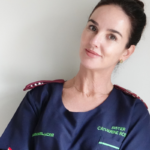
From witnessing a lot of trauma in my work to empowering parents
I want to take you on a journey that led me to become a full-time CPR and first aid instructor and proud business owner of Survival CPR. This story is about passion, empowerment, and making a real difference in the lives of people like you. A Trauma-Fueled Calling: Having spent

The Role of the Microbiome in Children
As we bask in the warmth of spring and witness the beauty of nature’s renewal, let’s delve into a topic just as fascinating and vital for our little ones’ well-being – the microbiome. This month, we explore the incredible world of microorganisms that inhabit our children’s bodies and the profound

World Breastfeeding Week
World Breastfeeding Week: Celebrating the Benefits for South African Families As we embrace the month of August, we joyfully celebrate the significance of family and the well-being of our precious little ones. In this blog post, we highlight the importance of World Breastfeeding Week, a cherished event that takes place

Winter Safety Guide
Winter’s arrival brings with it a desire to snuggle up and stay warm in the comfort of our homes. Fireplaces, gas and electrical blankets, heaters, and hot water bottles become our trusted companions during these chilly months. However, it’s crucial to prioritize safety to prevent potential accidents or hazards. In

Sudden Infant Death Syndrome (SIDS)
Sudden Infant Death Syndrome, or SIDS, is a heartbreaking tragedy that affects thousands of families each year. As a parent, the thought of losing your child to SIDS can be overwhelming and scary. But there are steps you can take to reduce the risk of SIDS and be prepared for
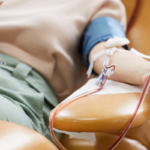
World Blood Donor Day 2023: “Give blood and keep the World beating”
Did you know that blood donation is one of the most selfless and impactful things you can do for your community? It’s true! And in South Africa, the need for blood donors is always high. That’s why today, I want to share with you some of the many reasons why
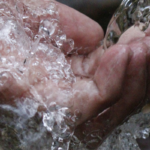
First Aid for Burns – a must read for every parent
Sister Catherine Rodwell sheds light on the right way to handle burns, be it in children or adults. It’s crucial to be aware of the proper procedure to not worsen the burn’s impact. From 6-12 May, National Burns Awareness Week is being observed. In continuation of our conversation with “Mommy

A mother recounts her traumatic experience
We are very grateful for this mommy who wanted to share her traumatic story with us, so that other parents can learn how quickly accidents can happen. Please note that photo’s can be triggering. We are very grateful for this mommy who wanted to share her traumatic story with us,

